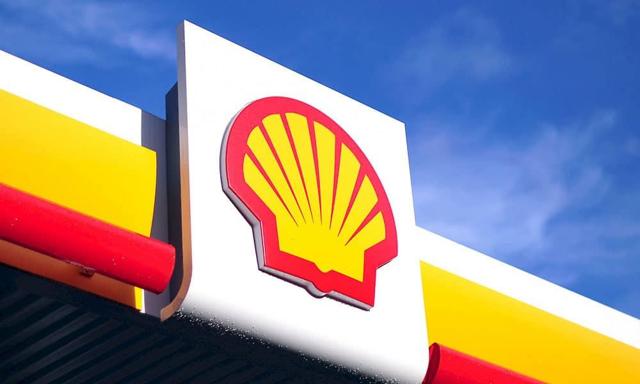Image source: inkbotdesign.com
Intro/Thesis
Shell (RDS.A) (RDS.B) is a behemoth in the oil and gas industry, being one of the world's largest companies by revenue. It is involved in each aspect of the industry including exploration, production, refining, transport, and final distribution to consumers, with operations worldwide. Given its size, one could postulate that Shell would begin to lose market share to newcomers, or that the company might be a shaky investment given its reliance on a stable geopolitical landscape and prices within the energy markets, but Shell soldiers on and delivers powerful results, callously sweeping aside the naysayers. Shell is coming into 2019 off a very strong financial performance during the previous year, with cash flows from operations exceeding $49.6 billion, even after Shell has invested capital in new refineries and expansion programs. Furthermore, Shell is very shareholder-friendly, providing a solid dividend as well as initiating a share buyback program in which $4.5 billion shares have so far been repurchased. As Shell heads into 2019, it remains a prime location to park one's capital, as Shell will continue posting strong numbers and delivering returns.
Even with Shell's vertical integration of its operations and revenue stream, there is one aspect of Shell's business which deserves special attention and that's its liquid natural gas. Although oil will continue being a big seller for Shell, LNG will gain in significance for Shell's profitability, as worldwide demand for the resource is expected to grow, especially in Asia and Europe. Liquefied natural gas is the fastest growing gas supply source according to Shell's energy director. For 2018, Asian imports of LNG exceeded expectations, and they are expected to continue exceeding them in the near and distant future. Furthermore, LNG is a much cleaner source of energy consumption, which will help Shell succeed in its initiatives to
